Lemon Basil Seeds
Lemon Basil Seeds (Ocimum— africanum), also known as Thai Lemon Basil, is a hybrid variety of basil known for its strong citrus fragrance and flavor, which comes from its high concentration of citral. It’s a favorite in Southeast Asian and Middle Eastern cuisines, especially in salads, teas, and as a seasoning for meats, fish, and vegetables. Lemon basil is an annual herb and relatively easy to grow, making it a great choice for home gardeners.
Key Characteristics of Lemon Basil Seeds:
- Scientific Name: Ocimum — africanum
- Common Names: Lemon Basil, Thai Lemon Basil, Hoary Basil
- Family: Lamiaceae (Mint family)
- Type: Annual herb
Appearance of Lemon Basil Seeds:
- Leaves:
- The leaves of Lemon Basil are light green, narrow, and somewhat smaller than common basil. They are smooth, slightly toothed along the edges, and emit a strong lemon scent when crushed.
- Size:
- Lemon Basil plants typically grow about 12-24 inches tall (30-60 cm) and have a bushy, compact growth habit.
- Flowers:
- It produces small, white to light purple flowers in terminal spikes. The flowers are edible and can be used as a garnish in dishes or salads.
Growing Conditions for Lemon Basil Seeds:
- Light:
- Lemon Basil thrives in full sun, requiring at least 6-8 hours of sunlight a day. It can tolerate partial shade but may not develop its full citrusy flavor and aroma in lower light conditions.
- Soil:
- Lemon Basil prefers well-draining, fertile soil with a pH of 6.0-7.5. Adding compost or organic matter to the soil improves its fertility and structure. Avoid heavy, clay soils that retain too much water.
- Watering:
- Keep the soil consistently moist, but avoid overwatering, as basil can develop root rot in waterlogged conditions. Water at the base of the plant and avoid splashing water on the leaves to prevent fungal diseases.
- Temperature:
- Lemon Basil thrives in warm temperatures and is sensitive to cold. Ideal growing temperatures are between 70-85°F (21-29°C). It is not frost-tolerant and should be planted after the last frost in spring.
Care and Maintenance for Lemon Basil Seeds:
- Fertilization:
- Basil is a light feeder. A balanced organic fertilizer can be applied once a month or a side dressing of compost can be added during the growing season to maintain soil fertility.
- Pruning and Pinching:
- Regularly pinch back the tips of the basil plant to encourage bushier growth and to prevent the plant from flowering too early, as the leaves become bitter once the plant bolts (produces flowers).
- Pest Control:
- Lemon Basil may attract pests like aphids, whiteflies, or spider mites. Regular inspection and treatment with neem oil or insecticidal soap can help control infestations. Companion planting with marigolds or garlic can also help deter pests.
- Disease Prevention:
- Basil is prone to fungal diseases like downy mildew or fusarium wilt, especially in humid environments. Provide good air circulation by properly spacing plants, avoid overhead watering, and remove any infected leaves promptly.
Harvesting Lemon Basil Seeds:
- Timing:
- You can begin harvesting Lemon Basil when the plant reaches about 6-8 inches tall. Harvesting young leaves promotes more growth and keeps the plant producing longer.
- Method:
- Snip leaves as needed, using scissors or pruning shears. For best flavor, harvest in the morning when the essential oils in the leaves are most concentrated. Never remove more than one-third of the plant at a time to ensure continued growth.
- Flowering:
- Once basil begins to flower, its leaf production slows, and the flavor can become more bitter. To delay this, pinch off flower buds as they appear.
Culinary Uses from Lemon Basil Seeds:
- Flavor Profile:
- Lemon Basil has a fresh, citrusy aroma and flavor with subtle hints of anise, making it perfect for adding a zesty twist to a variety of dishes.
- Uses:
- Salads: Lemon Basil adds a refreshing citrus note to salads, especially when paired with fruits like tomatoes, cucumbers, or melons.
- Herbal Teas: Its leaves are commonly used in herbal teas for a calming, fragrant brew.
- Pesto: Lemon Basil can be used in place of traditional basil for a unique, lemony pesto sauce.
- Marinades: It pairs well with seafood, chicken, and vegetables in marinades, adding bright, citrus flavors to grilled dishes.
Nutritional Benefits:
Lemon Basil is a nutrient-dense herb packed with:
- Vitamins: Rich in vitamin A, C, and K, which support immunity, vision, and bone health.
- Antioxidants: Contains essential oils like citral and limonene, which have antioxidant properties.
- Anti-inflammatory: Basil contains compounds like eugenol, which have anti-inflammatory effects.
Summary:
Lemon Basil is a flavorful, easy-to-grow herb with a distinct lemony aroma and taste. It thrives in warm, sunny conditions and is perfect for adding a refreshing citrus twist to a variety of dishes. By providing consistent moisture and regular pruning, gardeners can enjoy a bountiful harvest of this aromatic herb throughout the growing season. Whether used fresh in salads, teas, or marinades, Lemon Basil is a versatile and nutritious addition to any herb garden.

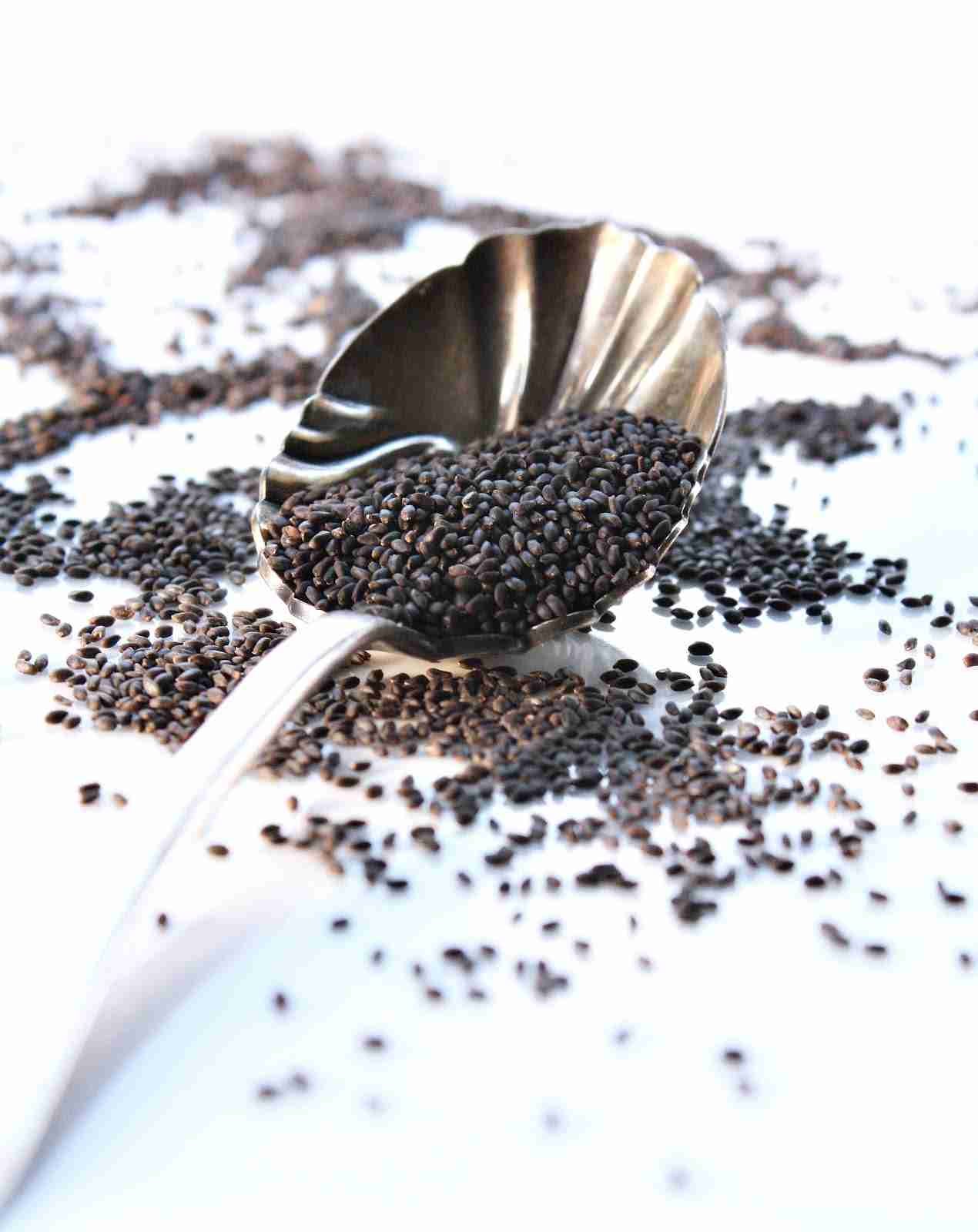
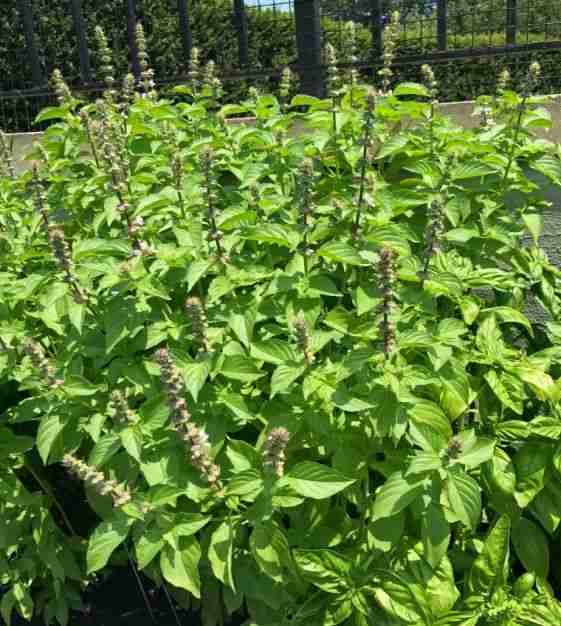
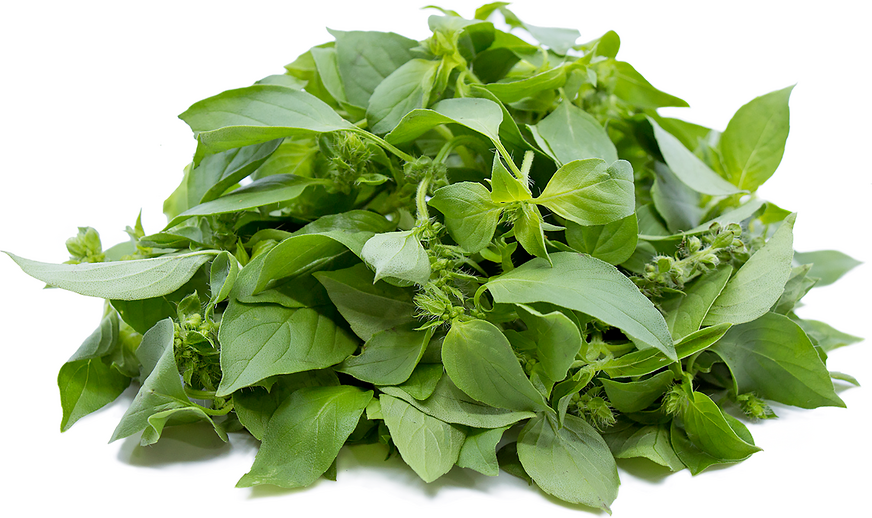
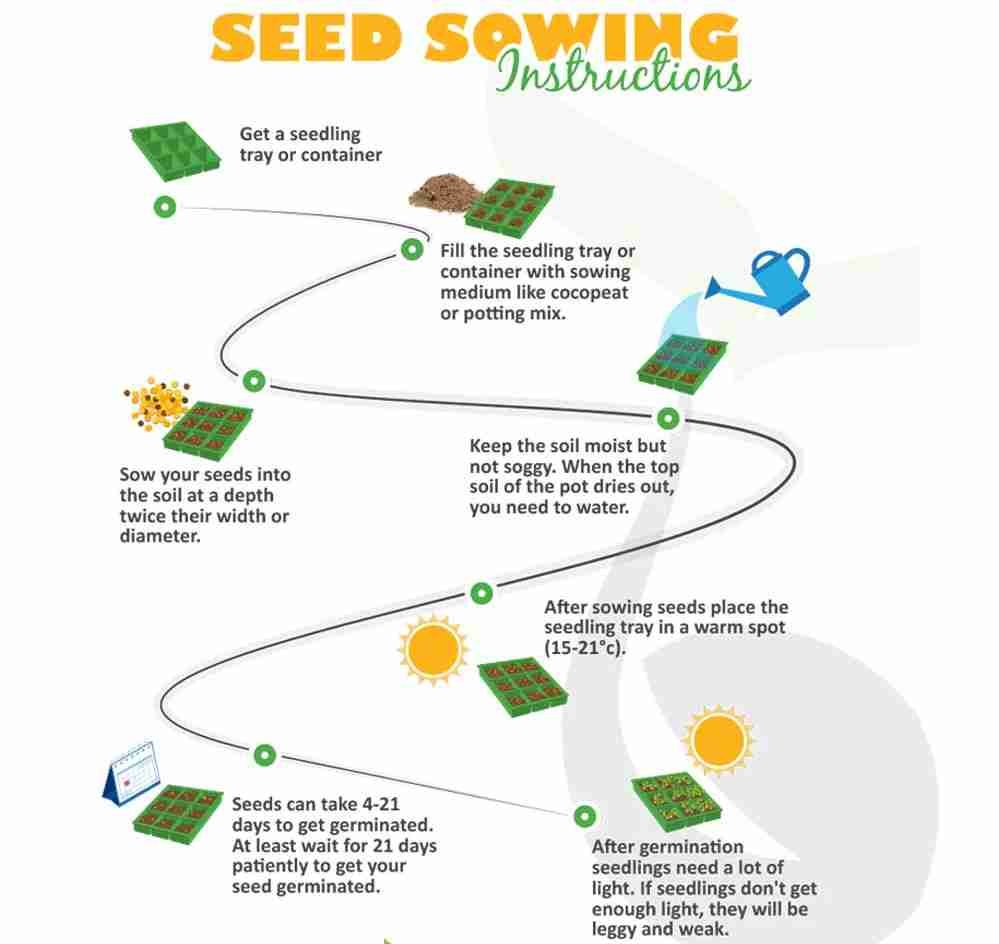

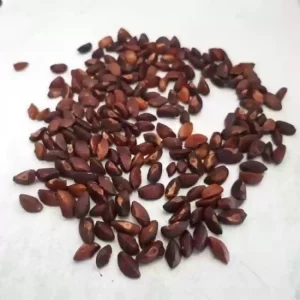

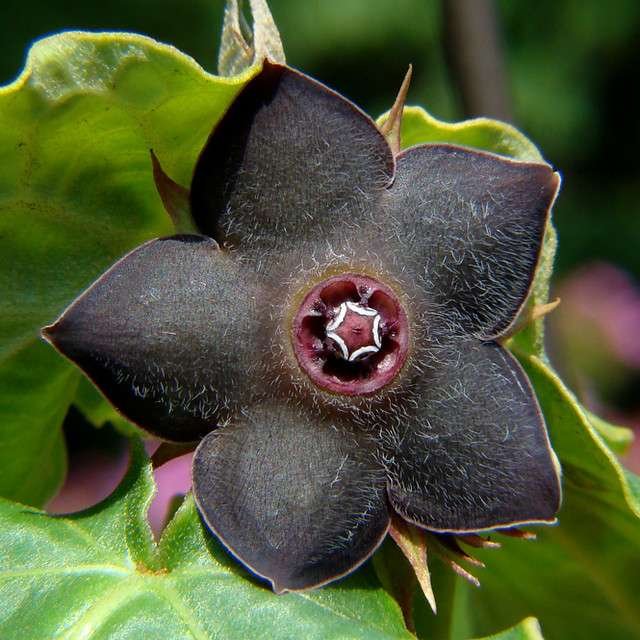
Rajesh –
80% germination